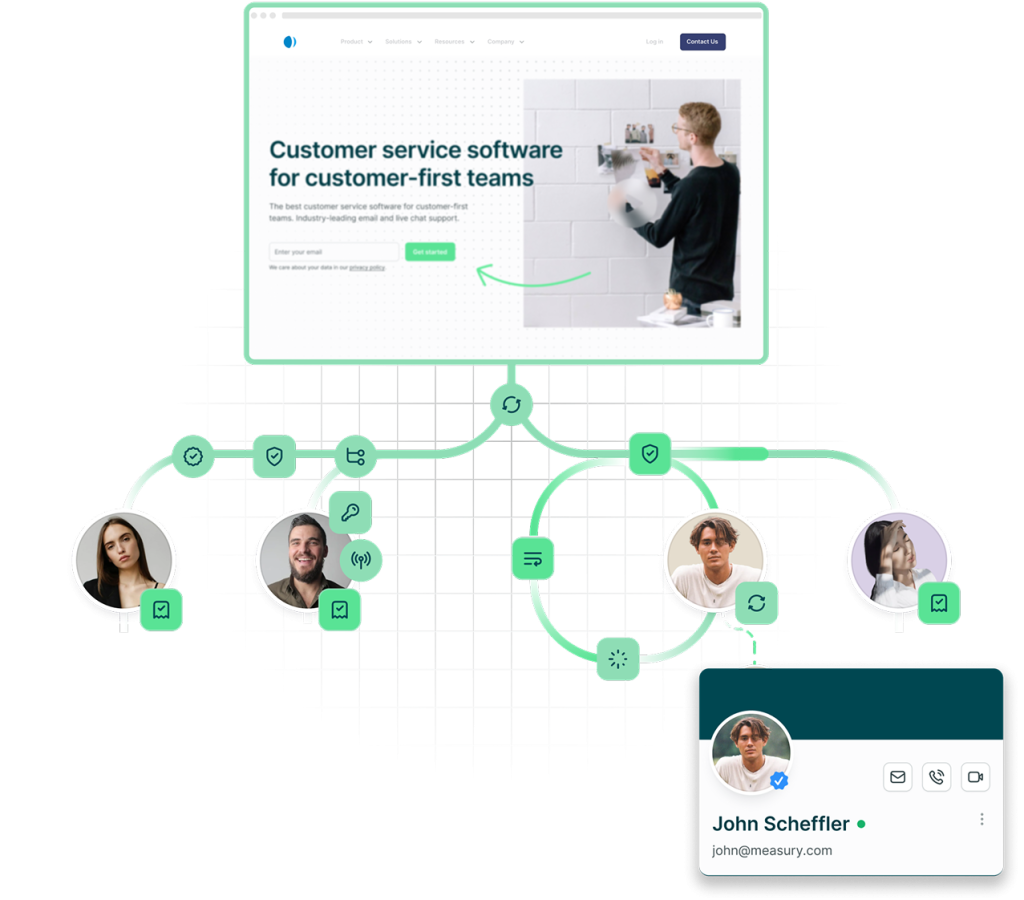Companies using NetApp by NetApp, Inc. in 2026
As of 2026, 9,126 verified companies use NetApp – across industries, company sizes, and geographies. This is real, verified data. Whether you’re looking to analyze the market, build a target list, or get a sales edge – this is your starting point.
What is NetApp by NetApp, Inc.?
NetApp by NetApp, provides unified data storage, management, and cloud services. It is used to simplify the management of data across on-premises, and multiple cloud environments. It commonly supports IT departments across various industries focusing on data storage and cloud solutions.
Last updated date
Number of Companies using
9,126
The majority are based in the
United States
Most common industry?
Manufacturing
NetApp’s sample user list in 2026
We have data on 9,126 companies that use NetApp. Our NetApp customers list is available for download and comes enriched with vital company specifics, including industry classification, organizational size, geographical location, funding rounds, and revenue figures, among others.
Get a Free Sample of Companies that use NetApp
We’ll send you a personalized preview of companies using NetApp—tailored to your ideal customer profile. No fluff. Just verified data. And a chance to turn tech signals into pipeline.
NetApp users and customers by country
2.6K Companies
2.6K Companies
2.6K Companies
2.6K Companies
Where NetApp Shows Up Most
NetApp is used across a wide range of sectors:
Manufacturing
Business Services
Finance
Custom Software & IT Services
Insurance
From lean startups to global enterprises, NetApp’s footprint is wide, and that means opportunity.

Tech Stack Database
How It Works
It’s everything you wish outbound was—automated, precise, and scalable.
- Landbase finds and qualifies your ideal prospect data automatically
- Landbase deploys specialized AI agents to generate and run high-converting campaigns
- Landbase executes across all channels, handling all the technical complexity behind the scenes.
- Your pipeline fills up. You get to focus on strategy, not busywork.
Trusted by High-Performing GTM Teams
Join the teams using Landbase to:
- Eliminate manual prospecting
- Fill pipeline faster
- Win against competitors
- Built for SDRs, AEs, RevOps, and GTM Leaders
- Powered by AI. Delivered with Speed
FAQs
Contact UsHow current is this data?
This data is updated on August 17, 2025
What is NetApp?
NetApp provides unified data storage, management, and cloud services, simplifying data management across on-premises and multiple cloud environments.
How many companies are using NetApp in 2026?
As of 2026, there are 9,126 verified companies using NetApp.
In which country is NetApp most popular?
NetApp is most popular in the United States.
Which industries are the primary users of NetApp?
The primary industries using NetApp are Manufacturing, Business Services, and Finance.
Can I get a list of companies using NetApp?
Yes, a list of NetApp customers is available for download, enriched with company specifics like industry, size, location, funding, and revenue.
